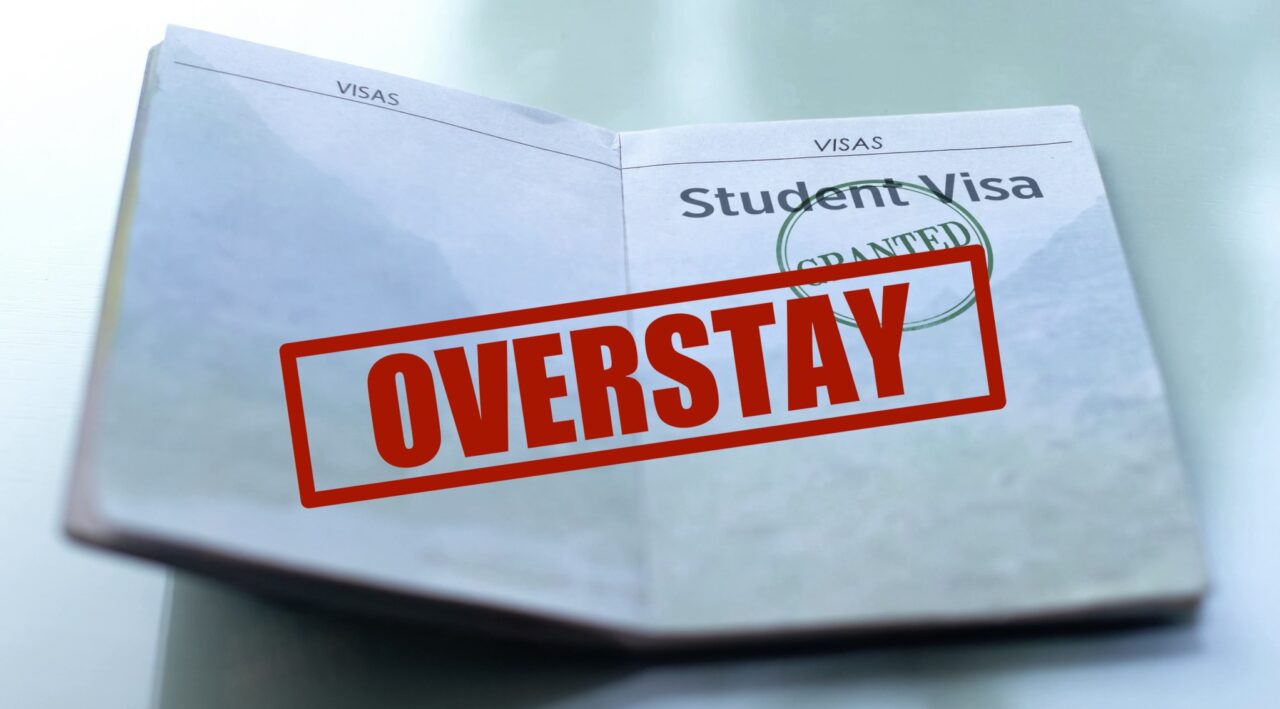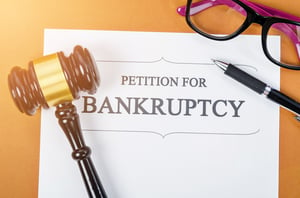What Happens If I Die Without an Estate Plan in Place?
Every adult should have at least a rudimentary estate plan in place; yet, over half of all Americans do not. This is the case despite most of those without a plan acknowledging the need for one. Often, failing to understand why an estate plan is so important is the problem. To help keep you from making that mistake, the Indianapolis estate planning attorneys at Frank & Kraft explain what happens if you die without an estate plan in place.
What Is an “Intestate” Estate?
If you leave behind a valid Last Will and Testament when you die, the estate you leave behind will be referred to as a “testate” estate. On the other hand, if you fail to leave behind a Will (or a trust that distributes your estate) the estate you leave behind is referred to as an “intestate” estate. Leaving behind a testate versus an intestate estate will dramatically impact what happens after you are gone.
Consequences of Dying without an Estate Plan
To encourage you to get started on your estate plan, consider the following negative consequences of dying without an estate plan:
- You allow the state to create your plan. Even if you do not have valuable assets in monetary terms, you probably care what happens to the assets you do have. You may, for example, have family heirlooms that have been in the family for generations that you intend to pass on to someone specific, or maybe you have a collection that you promised to a favorite niece or nephew. You give up the ability to make those decisions if you leave behind an intestate estate. If you die intestate, the state intestate succession laws determine how the estate assets are distributed. Those laws typically dictate that assets be passed down to close family members only.
- Your loved ones will have to wait to receive assets. Probate can be costly and time-consuming which is why many people actively try to avoid it within their estate plan. If you die intestate, however, it means that no effort was made to avoid probate. Assets that might have been distributed immediately to loved ones often end up tied up in probate for months, even years, before being distributed.
- Increased likelihood of disputes. If you fail to leave behind even a basic Will it is impossible to know how you intended to distribute your estate assets. It also makes it impossible to know who you intended to handle the administration of your estate. Heirs often squabble over the assets and over how the assets can be used. If estate assets need to be sold to pay creditors or to divide the estate according to the intestate succession laws, heirs often disagree over which assets should be sold. Not only can these disputes be expensive in monetary terms, but they can also cause a division among family members.
- Your estate may lose assets. There are typically costs involved in probating an estate. Those costs often increase when you leave behind an estate. The entire process often takes longer, and disputes are more likely, both of which increase the costs involved with the process. The higher the cost of probating your estate, the fewer assets are left at the end to distribute to your loved ones.
- Someone not of your choosing could oversee the administration of your estate. If you die intestate, someone may petition the court to be appointed to oversee the probate of your estate and a judge will ultimately determine who is appointed to that position. That individual will be responsible for safeguarding your estate assets, defending your estate during litigation, and ensuring that assets are transferred to your heirs. If you execute a Will, on the other hand, you appoint your Executer instead of letting a judge decide who handles the administration of your estate.
Contact Indianapolis Estate Planning Attorneys
For more information, please join us for an upcoming FREE seminar. If you have additional questions or concerns about estate planning, contact the experienced Indianapolis estate planning attorneys at Frank & Kraft by calling (317) 684-1100 to schedule an appointment.






